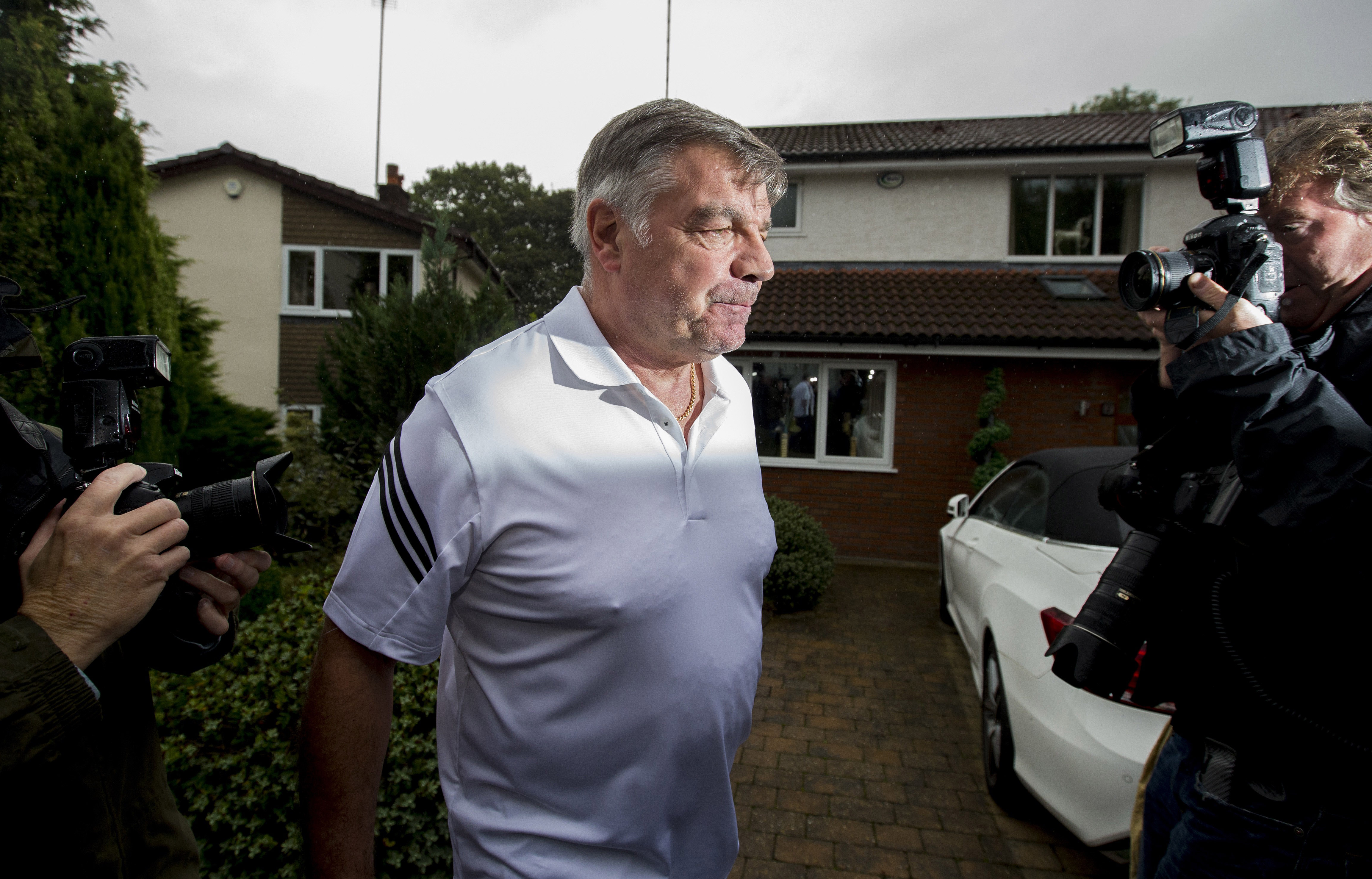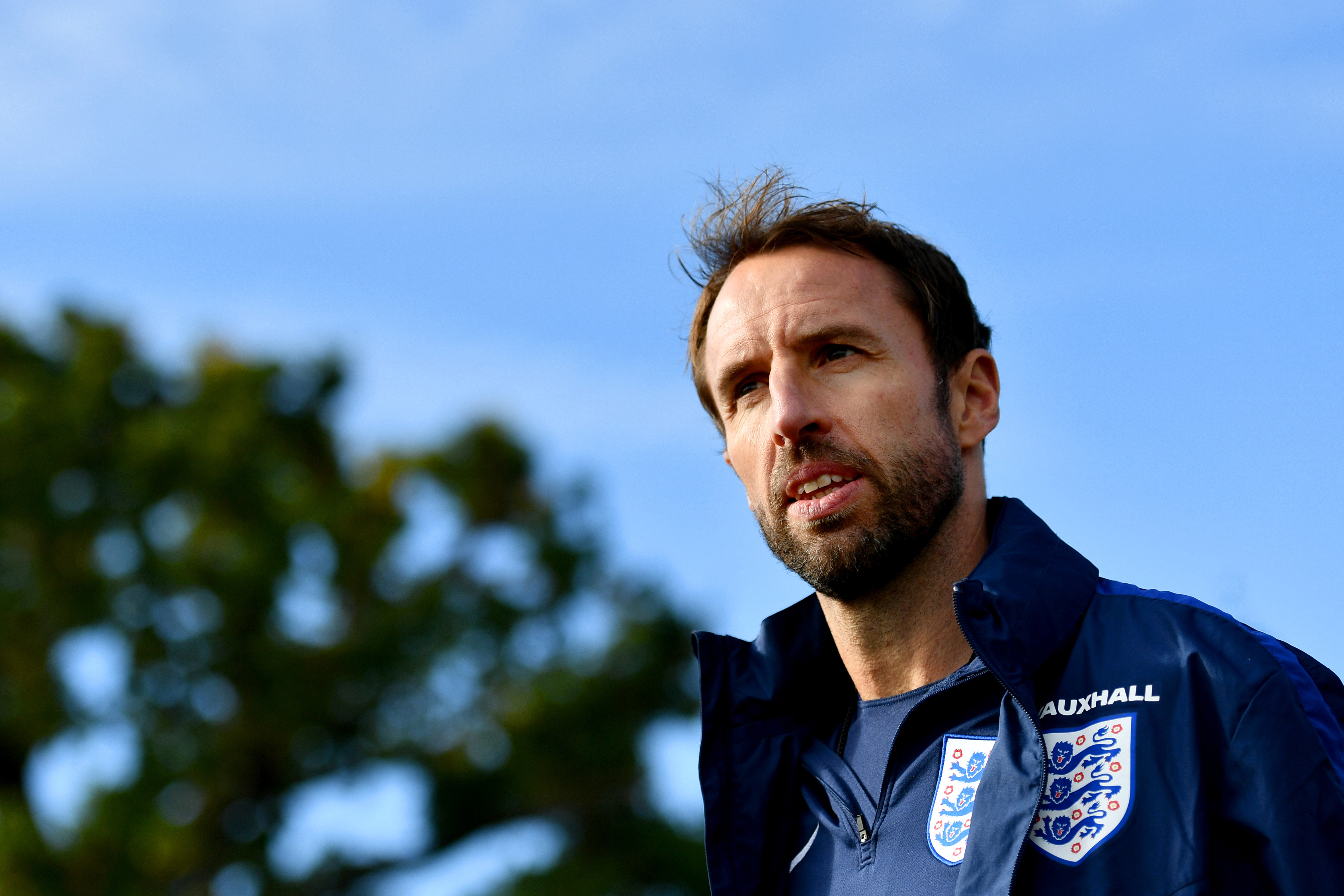“The rest of the world aren’t doing that,” Gareth Southgate said on Thursday when his appointment as England manager was confirmed.
Of course, he wasn’t talking about the appointment of Gareth Southgate as England manager, even if the path to his appointment might be one of the many, many aspects of English football which belong in the category headed, “Things The Rest of The World Aren’t Doing’.
Certainly when looking for best practice in football, one rarely stops off at the FA, even if there are those who purr about St George’s Park, England’s training facility built to make them feel like champions.
There are some who have been inspired by the pitches, the treadmills designed by Nasa, the dressing-rooms and the inspirational quotes from, among others, er, Clive Woodward. As they walked around the hotels in the complex with Sammy Lee’s tracksuit hanging on the wall and entered the Kevin Keegan Suite, they felt sure this was the place where everything would change.
They were motivated and overawed by it all, even if they may have had their doubts when they reached the coaches’ room where there is a clock counting down to the 2022 World Cup in Qatar, the tournament former FA chairman Greg Dyke set England the target of winning.
The new FA chairman Greg Clarke described the clock as a ‘joke’, and it may well have been phased out by now, one of those hastily abandoned gimmicks in football like nasal strips or Sam Allardyce.
Allardyce was one of those who was said to be supportive of the clock, according to a report in September, along with a number of senior FA figures. So seriously had some treated the clock that it had been reset when the tournament in Qatar was moved from summer to December 2022.
But if you are discussing the presence of a clock which is counting down to 2022, it’s later than you think.
This significant timepiece can, unfortunately, no longer count on the support of Sam Allardyce demonstrating that, with England and its managers, you don’t need a clock to know the time, it’s always two minutes to midnight.
If Southgate succeeds he will have to change a culture, and so many aspects of a culture, that it may be beyond the power of one man to alter.
When Southgate noted that the world do things differently, he was talking about the refreshment habits of the England players as demonstrated by Wayne Rooney and others last month. But he could have been talking about anything, he could have been highlighting several points of difference.
The rest of the world, for example, has rarely – if ever – lost a manager because of his views on the transmigration of souls. The rest of the world has never had enough of a manager because he was conned by a man dressed as a ‘sheikh’. The rest of the world rarely loses a captain over allegations that he had an affair with the ex-girlfriend of a former team-mate. The rest of the world rarely then loses a manager because he protests at the removal of a captain who is facing racially aggravated public order offences.
They do things differently, not in the rest of the world, but in England, including the pompous elevating of the manager to a position of state.
Of course, they hound managers elsewhere and call them names and embark on preposterous shows of hypocrisy and grandstanding, but nobody does it so determinedly and so regularly as England. It’s almost as if these things are not a distraction from what England is trying to do, they are what England does.
Few other places would have so little faith in its coaching regime that they turn to Southgate, not because of the good work he has done as a coach, but primarily because he is the opposite of Allardyce.
Southgate felt he wasn’t ready for the England job in the summer and, four years ago, decided against being the FA’s technical director as he didn’t believe he had the experience for that role.
If the FA wanted to get in line with what the rest of the world is doing, they wouldn’t start from here. In fact, they probably wouldn’t have lost a manager after 67 days for the kind of phoney scandal that cost Allardyce his job.
Southgate, at least, offers a continuation of the air of civility introduced by Roy Hodgson, who was praised for the way he could effortlessly discuss the books of Stefan Zweig and others. “It isn’t difficult for a man like Hodgson, who reads books and generally takes an interest in things beyond his parish, to stand out among so many intellectual pygmies,” one writer noted.
English football is either too impressed by these things or not impressed by them enough, and the problem with St George’s Park is that it suggests that a culture can be changed with slogans on a wall instead of changing everything about a culture.
When the FA were talking about reviewing their policy “around free time while on international duty” during the fuss over Rooney’s drinking, they were sloganeering, protecting themselves as a corporate body by making nothing more than noise. This led others to argue about the merits of drinking at the right time, as if the mythical right time hadn’t led generations of footballers to do the wrong thing at the wrong time.
Last week, Southgate dismissed the idea of bans and sounded like a man intelligently dealing with the subject, rather than a figure issuing a holding statement in the hope that it will make the people pestering him on the phone go away and call somebody else.
But he also said things which illustrated how far England have to go. “There has to be time to unwind, and time to have a glass of beer or wine,” he said, “but that has got to be done at the appropriate moment and at the right level if we aren’t going to inhibit the way we perform.”
The story of football on these islands has been a story of the search for the appropriate moment to have a glass of beer or wine (or both) at the right level. The search continues.
If they are still talking about the right time, English football is further behind the rest of the world than it realises. The clock is always ticking.
Catch up with this week’s episode of Football Friday Live:










































